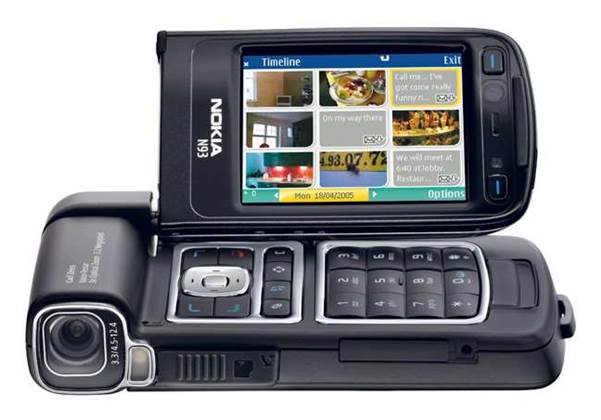
The BBC Trust decided to green light the project following its first Public Value Test to determine whether the costs will benefit UK licence fee payers.
"The BBC Trust has a duty to ensure that the public receives value in return for paying the licence fee," said Diane Coyle, a BBC trustee and chairman of the Public Value Test Steering Group.
The Trust decided that BT's proposed iPlayer service would be of value to the public as patterns of media consumption shift from linear broadcast to on-demand viewing.
"Our view is that the BBC's new on-demand services are likely to deliver significant public value, and should be allowed to proceed subject to certain conditions in order to reduce the potential negative market impact," said Coyle.
However, the BBC claimed that it had also taken into account Ofcom's fears that the service could be anticompetitive.
"Series stacking [the ability to store and view an entire series of programmes] could discourage investment in commercial on-demand services, and is likely to have an adverse effect on related markets such as DVD rentals and sales," said Ofcom in its Market Impact Assessment report.
"In the case of catch-up TV on the internet, the ability to store programmes for up to 13 weeks could have negative effects on competition and therefore investment in consumer choice."
Coyle maintained that, in representing the public interest, the Trust's duty includes "ensuring that the BBC does not adversely affect the market by reducing choice for licence fee payers".
The BBC's on-demand proposals include seven-day TV catch-up on the internet, NTL Telewest and Homechoice, simulcast TV with BBC channels being broadcast live on the internet, and audio downloads of BBC radio programmes excluding full-track commercial music.
A further consultation period for the public and commercial sectors will now be held, and a final decision will be made by the BBC Trust before 2 May 2007.


_(20).jpg&h=140&w=231&c=1&s=0)
_(36).jpg&h=140&w=231&c=1&s=0)






 Cyber Resilience Summit
Cyber Resilience Summit
 iTnews Executive Retreat - Security Leaders Edition
iTnews Executive Retreat - Security Leaders Edition
 Huntress + Eftsure Virtual Event -Fighting A New Frontier of Cyber-Fraud: How Leaders Can Work Together
Huntress + Eftsure Virtual Event -Fighting A New Frontier of Cyber-Fraud: How Leaders Can Work Together
 iTnews Cloud Covered Breakfast Summit
iTnews Cloud Covered Breakfast Summit
 Melbourne Cloud & Datacenter Convention 2026
Melbourne Cloud & Datacenter Convention 2026












_(1).jpg&h=140&w=231&c=1&s=0)



